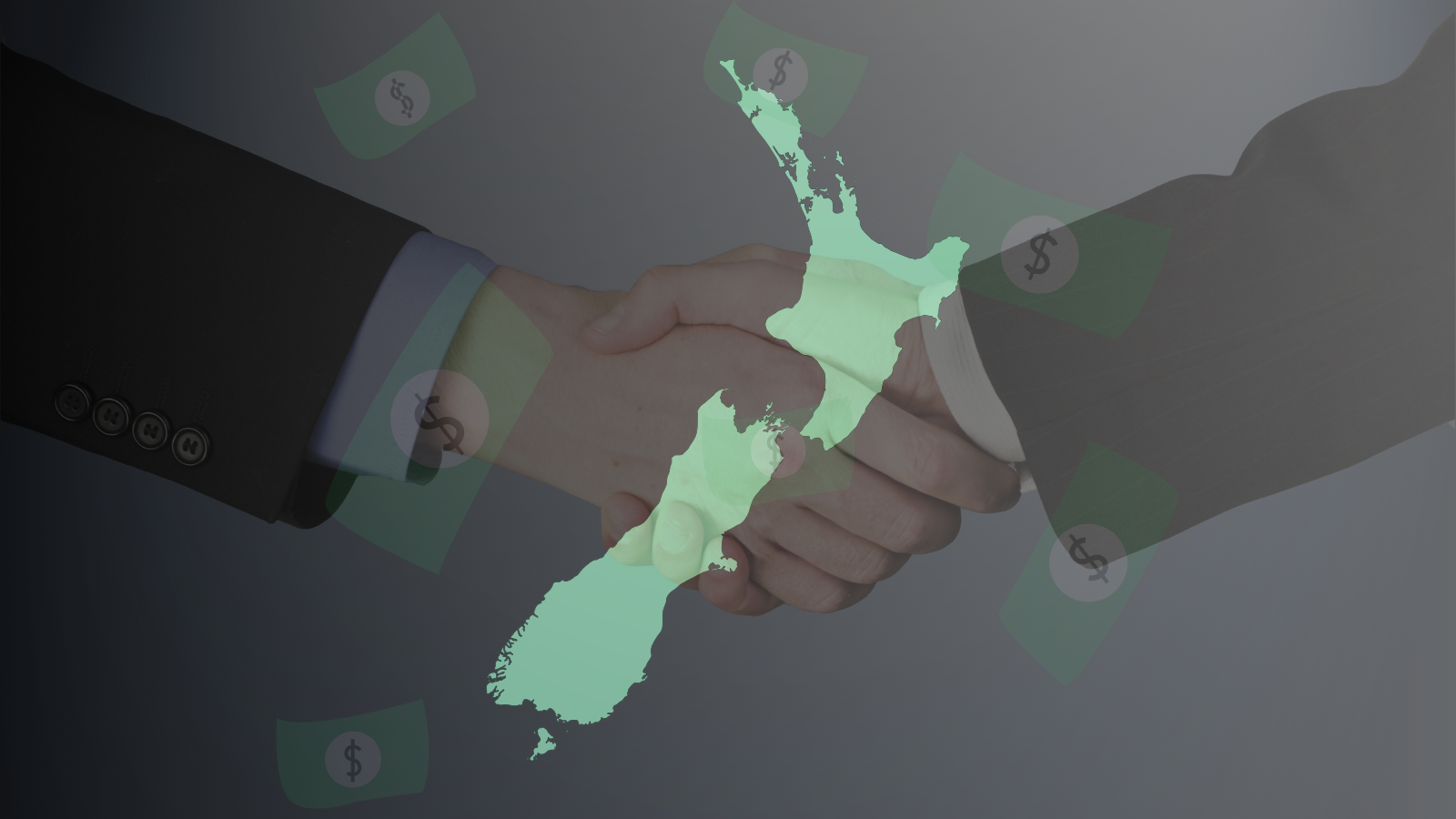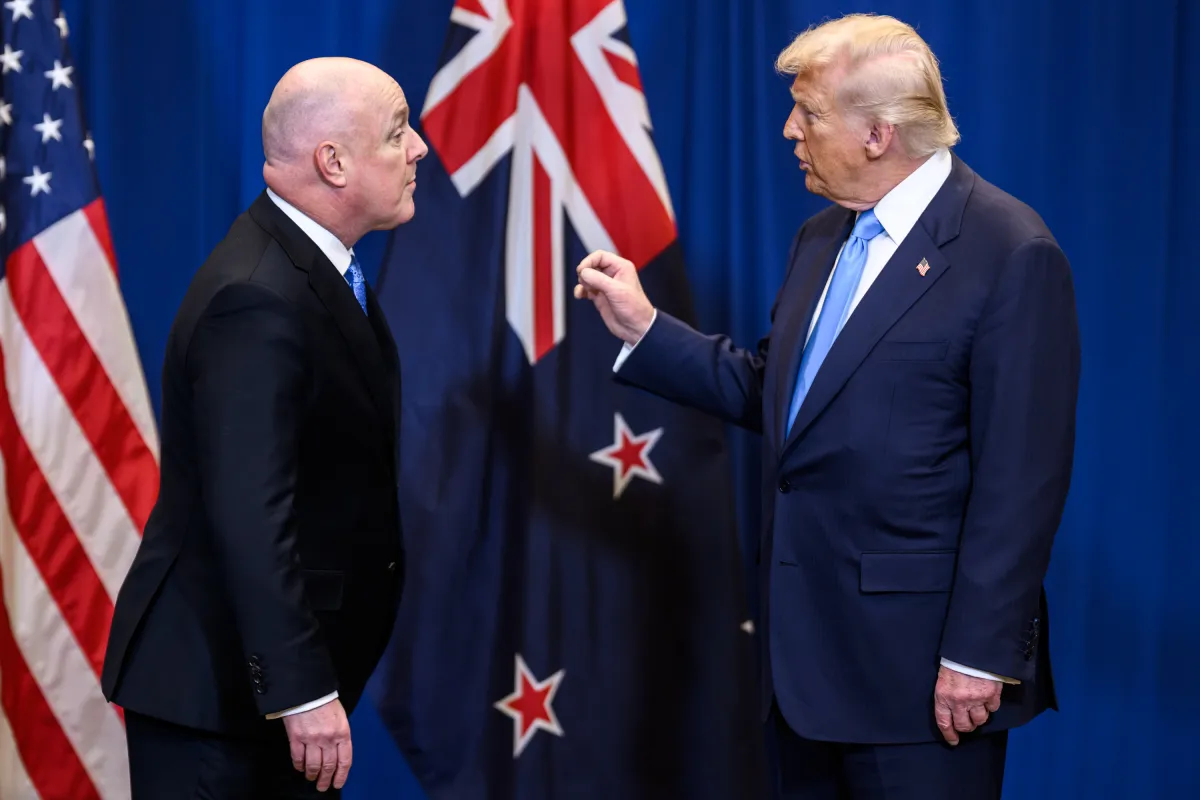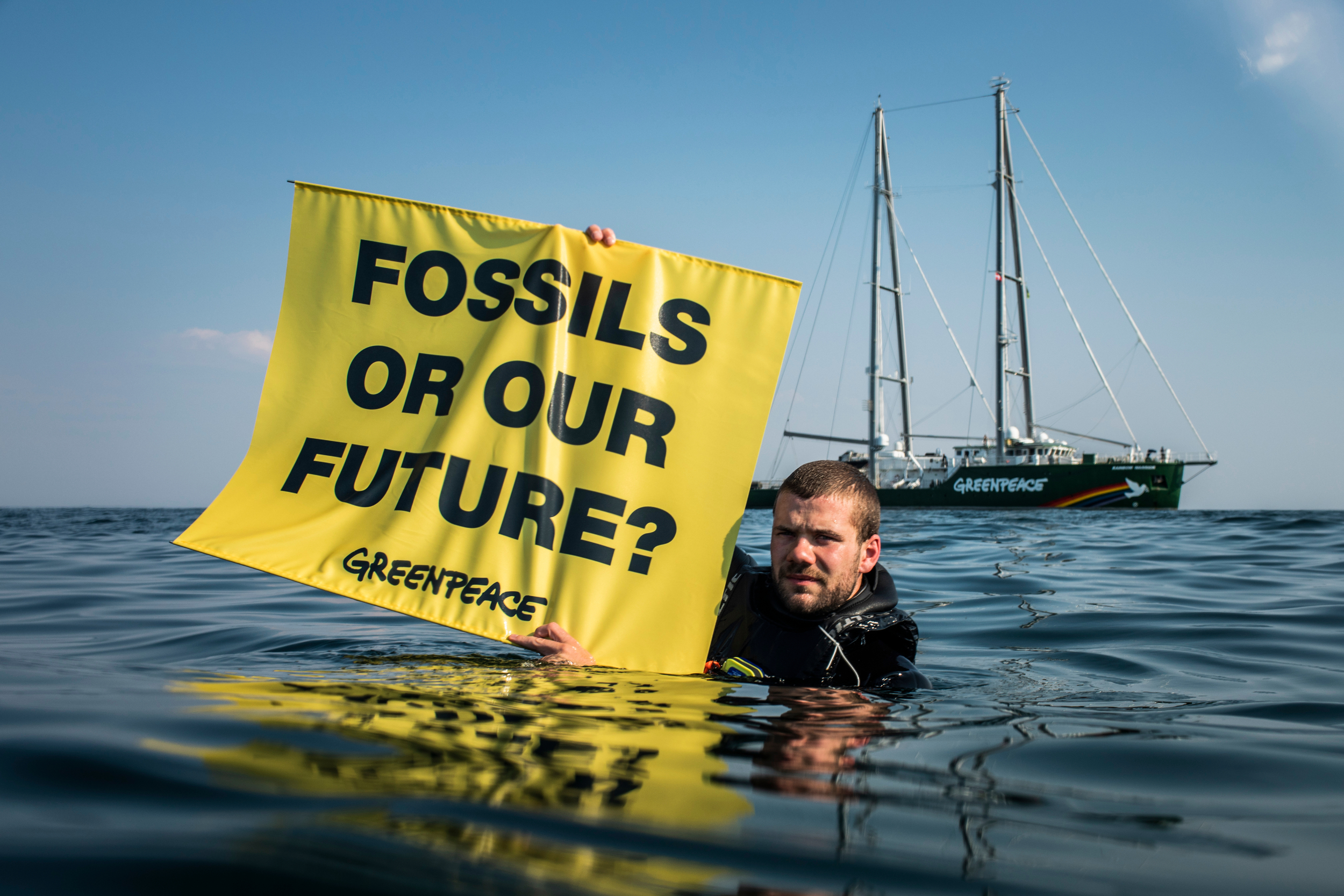In case you missed it: our new call for real climate action, Climate Shift, launched in early June!
In the lead-up to the election, Greenpeace Aotearoa, along with more than thirty different climate and social justice organisations, has launched a powerful and compelling call for all political parties to take urgent action on the climate crisis.
This year’s election will be a climate election, where all parties treat this crisis as a crisis. There’s no time to lose, and everything to gain.
Here’s Russel Norman talking about the launch on the AM Show.
Climate Shift: A 10 Point Plan for Climate Action – your questions answered
What is Climate Shift?
Climate Shift is a campaign for urgent climate action, centred around a comprehensive 10 Point Plan that outlines our key asks for Government action.
We’re calling for people across the motu to join our call for urgent climate action. All political parties must treat the climate emergency as a crisis, and take action in a way that is guided by hapū exercising their tino rangatiratanga and gives effect to Te Tiriti o Waitangi. We urge political parties to commit to, and follow through with, the actions in Climate Shift: A 10 Point Plan for Climate Action.
Real emissions reductions
There is no place for climate-polluting industries in Aotearoa’s future. Our Government must end coal, oil, and gas, and transition polluting industries – in particular energy, intensive dairying, and transport – to climate-friendly alternatives. Cutting climate pollution will create opportunities for a new way of living that centres people and nature, rather than industry greed.
- End new oil, gas and coal exploration and extraction on land and at sea, and commit to the Port Vila Call for a Just Transition to a Fossil Fuel Free Pacific.
- Accelerate the just transition to public and locally-owned, nature-friendly, renewable electricity, including by providing grants-based and equitable finance for new renewables, such as household solar and community energy projects.
- Transition towards high-density, low emissions communities by making public transport fares free and prioritising investment in walking, cycling, and accessible public transport infrastructure over road spending.
- Transition intensive dairying to low emissions farming by phasing out synthetic nitrogen fertiliser and imported animal feed, reducing herd size, and banning new large-scale irrigation schemes.
- Ensure our laws reflect the urgency required to address the climate crisis by strengthening the Emissions Trading Scheme, legally requiring all local and central government decisions to keep warming below 1.5 degrees Celsius, and establishing meaningful environmental bottom lines in new planning rules.
Supporting frontlines communities
Climate change is already impacting communities around the world, including here in Aotearoa. Supporting these communities means ensuring that the effects of climate change are minimised through adaptation processes, and where they can’t be minimised, that these communities are financed throughout the recovery process, and compensated for the loss and damage caused.
- Protect communities by making room for rivers to flood safely and enabling a managed retreat from flood-prone areas, through stopping new development in coastal and river flood zones.
- Stand with affected communities in the Pacific by renewing and scaling up our climate finance commitments, with new and additional funding to address loss and damage caused by climate change.
Restoring & rewilding nature
Nature must be at the heart of New Zealand’s climate response. Not only do oceans, wetlands, and forests store huge amounts of carbon, they also play a key role in mitigating the impacts of extreme weather events. When we protect nature, we are also protecting people, communities, and Aotearoa’s future.
- Maximise native forests’ role in absorbing carbon and in protecting communities from flooding and erosion by effectively controlling deer, goats, and possums on all public land, and implementing a native reforestation programme.
- Preserve the ocean’s crucial role in storing carbon by shifting to ecosystem-based fisheries management that ends bottom trawling and restores kelp forests by reversing all kina barrens.
- Protect the role wetlands and estuaries play in storing carbon and softening extreme weather event impacts by doubling the area of wetlands in Aotearoa New Zealand.
Why do we need a Climate Shift now?
The time for urgent action is now – and we’re on an increasingly tight deadline to reduce our emissions. This year, Aotearoa has felt the consequences of political inaction on the climate crisis. Cyclone Gabrielle caused devastation that our communities and infrastructure still have not recovered from. The top of the North Island has experienced three flooding events already – and it’s not even winter yet. Severe drought in the South Island over summer hit farming communities hard. These extreme weather events were made worse by climate change. Unless our politicians act, they’re going to become even more severe.
Right now, we have the chance to turn things around, and shift to a better, more connected society. There’s an election this year, and we will make it a climate election – because it has to be.
Who’s behind Climate Shift?
NZ’s biggest environmental organisations – Forest and Bird, Greenpeace, and Oxfam Aotearoa – have teamed up to create this campaign, alongside more than 30 other environmental groups, shown below

How can I get more involved in the Climate Shift campaign?
You can start by signing the petition! We’ll get in contact with you over the course of the year to tell you more about ways you can get involved and events you can join.
We’re also setting up a network across the country of people like yourself who want to take more action in support of urgent climate action. You can get in contact with us to join this network here.
If you’re hosting an event or taking action in any way, we’d love to hear about it!
I’m an organisation who wants to join the Climate Shift, how do I do that?
Organisations can fill out the form to endorse the campaign here.



